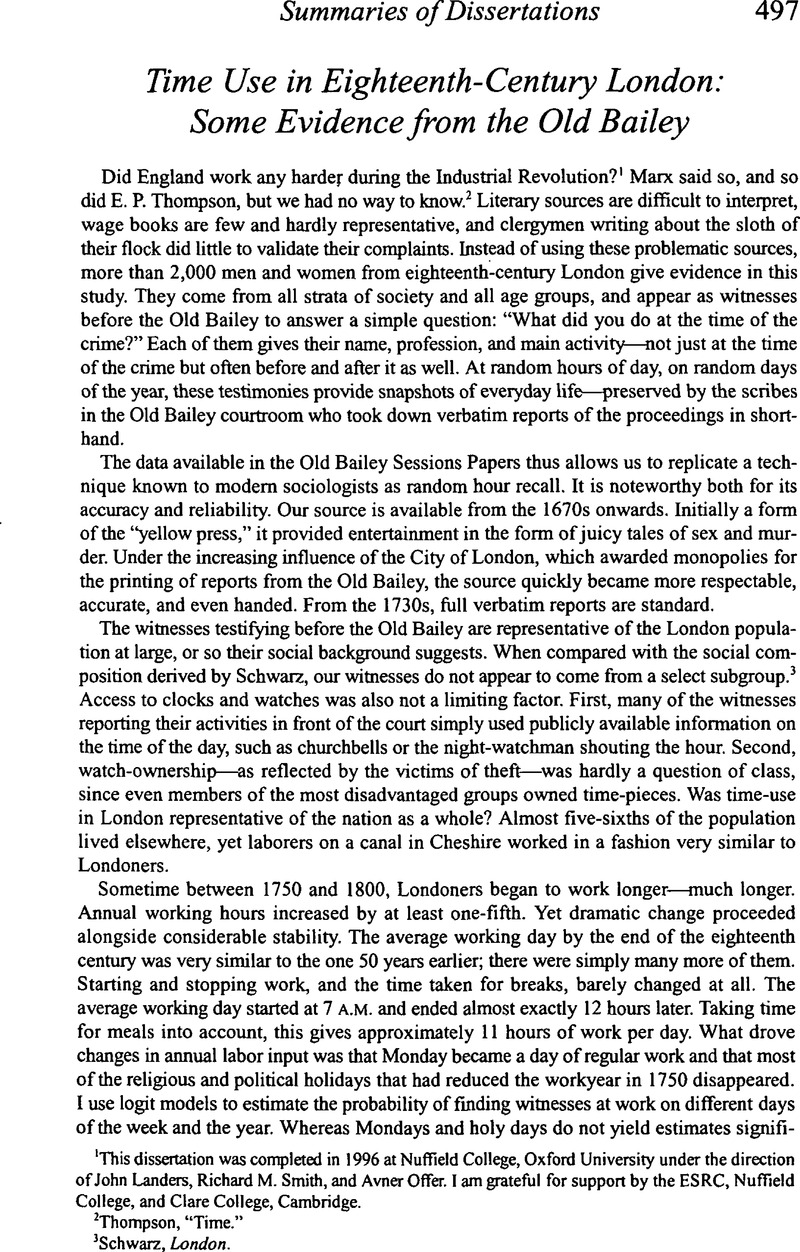Crossref Citations
This article has been cited by the following publications. This list is generated based on data provided by Crossref.
Janković, Vladimir
2010.
Confronting the Climate.
p.
1.
BLONDÉ, BRUNO
and
VERHOEVEN, GERRIT
2013.
Against the clock: time awareness in early modern Antwerp, 1585–1789.
Continuity and Change,
Vol. 28,
Issue. 2,
p.
213.
2015.
Entanglements of Empire.
p.
1.
2015.
Entanglements of Empire.
p.
26.
2015.
Entanglements of Empire.
p.
261.
2015.
Entanglements of Empire.
p.
174.
2015.
Entanglements of Empire.
p.
65.
2015.
Entanglements of Empire.
p.
251.
2015.
Entanglements of Empire.
p.
138.
2015.
Entanglements of Empire.
p.
98.
2015.
Entanglements of Empire.
p.
317.
2015.
Entanglements of Empire.
p.
214.



